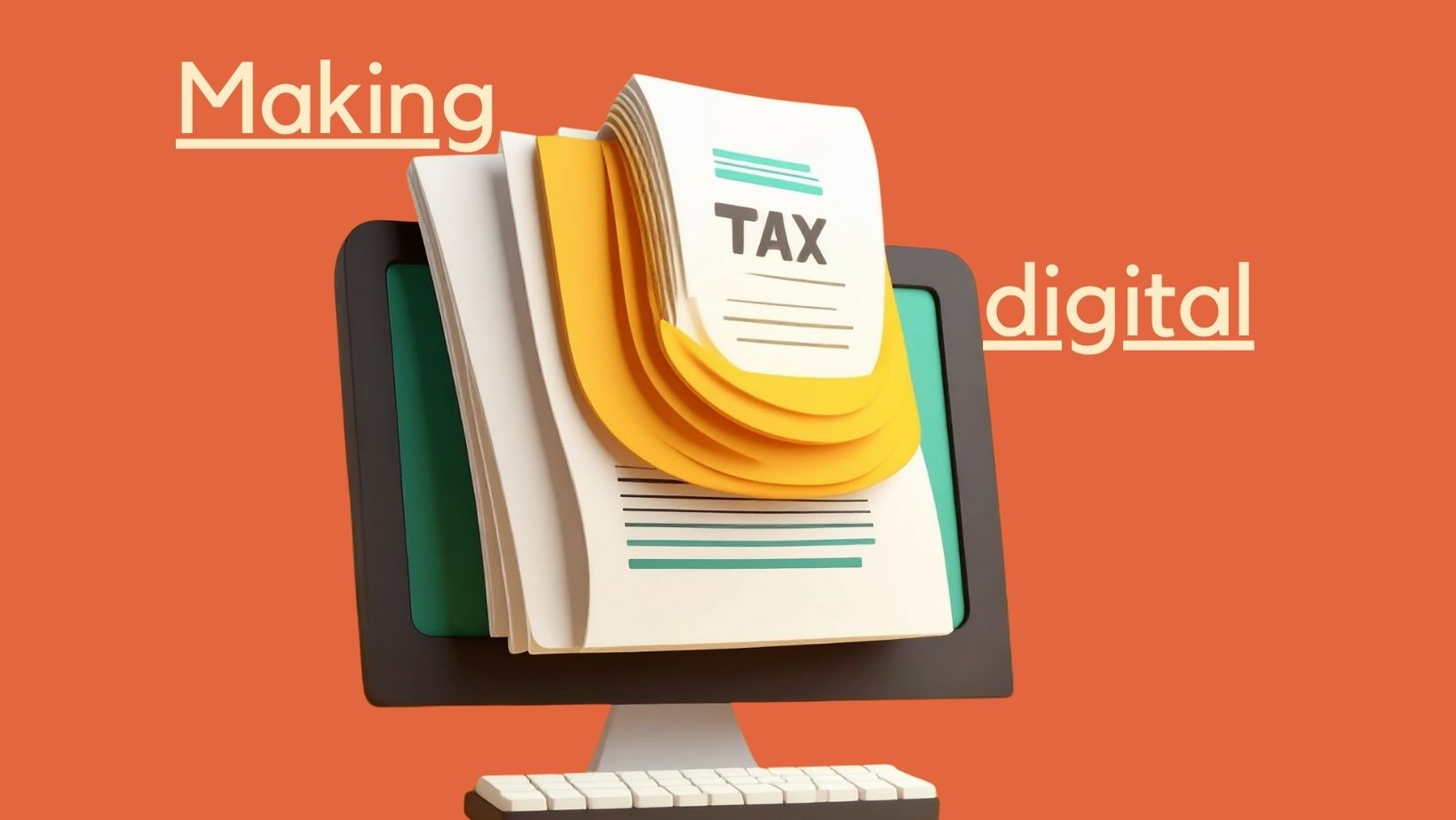Running a limited company in the UK comes with numerous responsibilities, especially regarding benefits provided to employees and directors.
For contractors and small businesses, understanding allowable benefits is essential. This is because they can either be exempt from tax, offer potential tax reliefs, or have specific tax treatments.
Here, we’ve covered what allowable benefits are, their tax implications, reporting requirements, and the implications of incorrect reporting.
What are allowable benefits?
Allowable benefits refer to perks or non-cash rewards provided to directors and employees by a company. These can range from health insurance to mobile phones, and some benefits may be either entirely exempt from tax or subject to specific tax treatment. These incentives make the workplace more attractive and can have better tax implications if handled correctly.
Common allowable benefits
Here are some of the most common allowable benefits offered by UK limited companies:
- Mobile phones
A company can provide a mobile phone to its employees, and if it’s for business use, it’s considered an allowable benefit and is usually exempt from tax. - Health and medical insurance
Many companies offer health insurance as part of their benefits package. However, this is classified as a Benefit in Kind (BIK) and is taxable. - Pension contributions
Employer contributions to an employee’s pension are allowable benefits and generally not subject to tax or National Insurance Contributions (NICs). This is one of the most tax-efficient benefits a company can offer. See here for more details on our new partnership with Penfold Pensions. - Company cars
Offering company cars is common, but these benefits are subject to Benefit in Kind tax, with the rate dependent on the car’s CO2 emissions. - Cycle to work scheme
This popular scheme allows employees to lease a bicycle and related equipment tax-free, provided the bike is mainly used for commuting.
Tax implications
When offering benefits, it’s important to understand the tax implications, particularly Benefit in Kind (BIK) tax and National Insurance Contributions (NICs). BIK refers to any perks that an employee receives outside their salary, which are taxed based on their value. For instance:
- Company cars: The taxable value is determined by the car’s emissions and its list price.
- Health insurance: This is fully taxable, and both the company and the employee must report it.
On the other hand, benefits like pension contributions and some mobile phone plans are either tax-exempt or attract lower rates.
Reporting requirements
To ensure compliance, companies must report most benefits to HMRC. There are two key forms involved:
- P11D form
The P11D form is used to report taxable benefits provided to employees. This form must be submitted to HMRC annually. - Self-assessment
If you are a director or receive benefits above certain thresholds, you’ll also need to report these through your Self-Assessment tax return.
Starting in April 2026, the requirement to report benefits on the P11D form will be eliminated. Instead, businesses will need to ensure their payroll software can integrate benefits directly into their payroll process. This will streamline the reporting and tax deduction process, making compliance easier for small businesses and contractors.
Trivial benefits
Certain benefits are considered “trivial” and are not subject to tax or reporting. According to HMRC’s guidance on trivial benefits, these perks:
- Must not cost more than £50 per employee
- Cannot be in the form of cash or a cash voucher
- Must not be a reward for services or part of a contractual obligation
Common examples of trivial benefits include birthday gifts or small tokens of appreciation, which help companies provide morale-boosting perks without adding tax burdens.
Salary sacrifice schemes
Salary sacrifice is an arrangement where employees agree to reduce their salary in exchange for benefits. For example, instead of receiving a raise, an employee might opt for additional pension contributions or a company car. These schemes can offer tax efficiencies for both employers and employees. However, changes in legislation mean companies need to carefully plan these arrangements to avoid unexpected tax bills.
Implications of incorrect reporting
Failure to correctly report benefits can result in penalties and interest charges from HMRC. Incorrect Benefit in Kind reporting or failure to submit P11D forms on time may attract fines and increased scrutiny. It is crucial to maintain accurate records and consult with a tax advisor if you’re unsure about the proper reporting process.
Conclusion
For contractors and small businesses, offering allowable benefits helps retain employees and directors while improving tax efficiency.
Understanding which benefits are tax-exempt, how to report them correctly, and the upcoming changes in payroll and reporting requirements are needed for staying compliant. Keep in mind the potential risks of incorrect reporting.
As well, stay updated with evolving legislation to make the most out of allowable benefits for your company.





